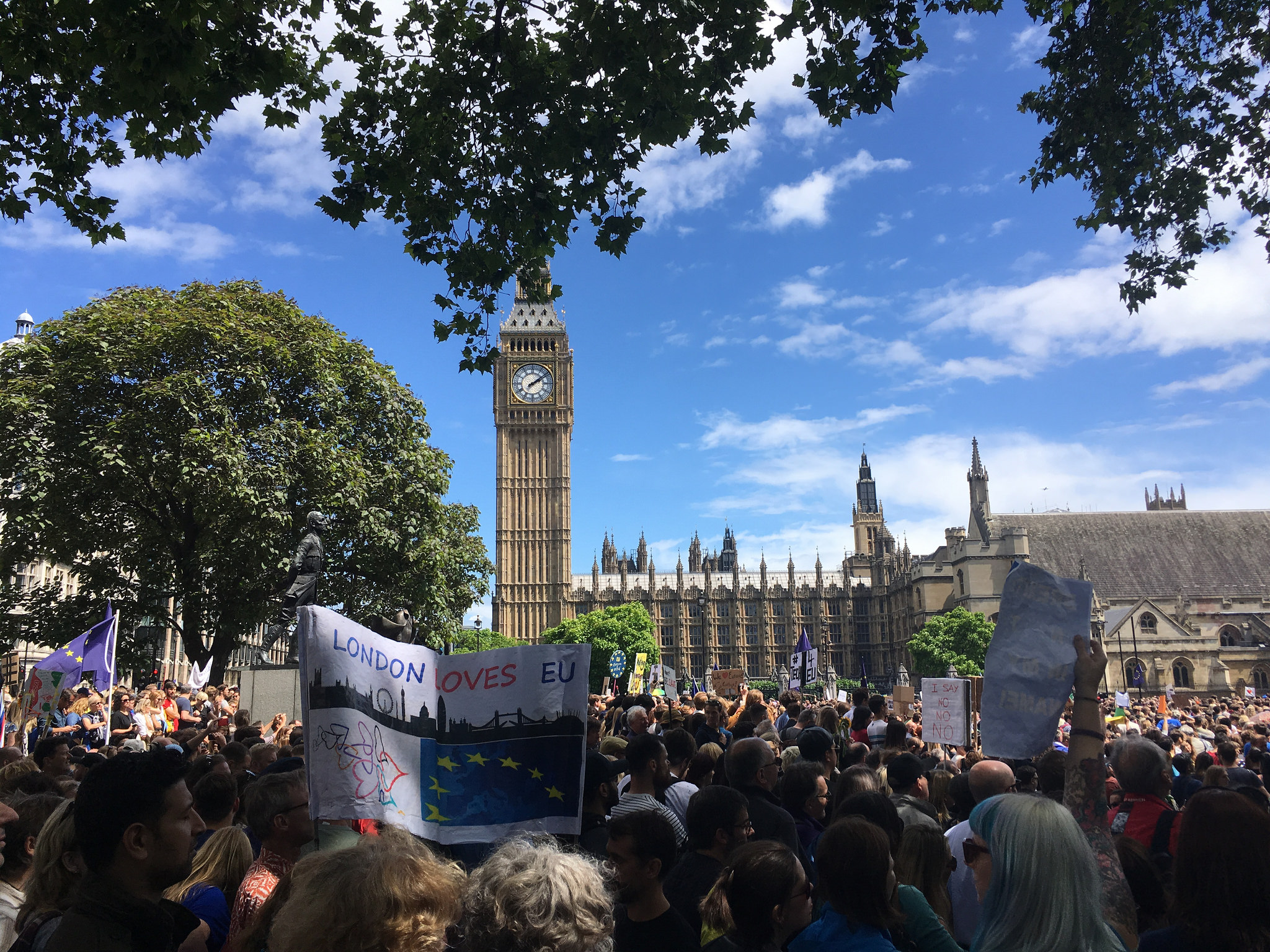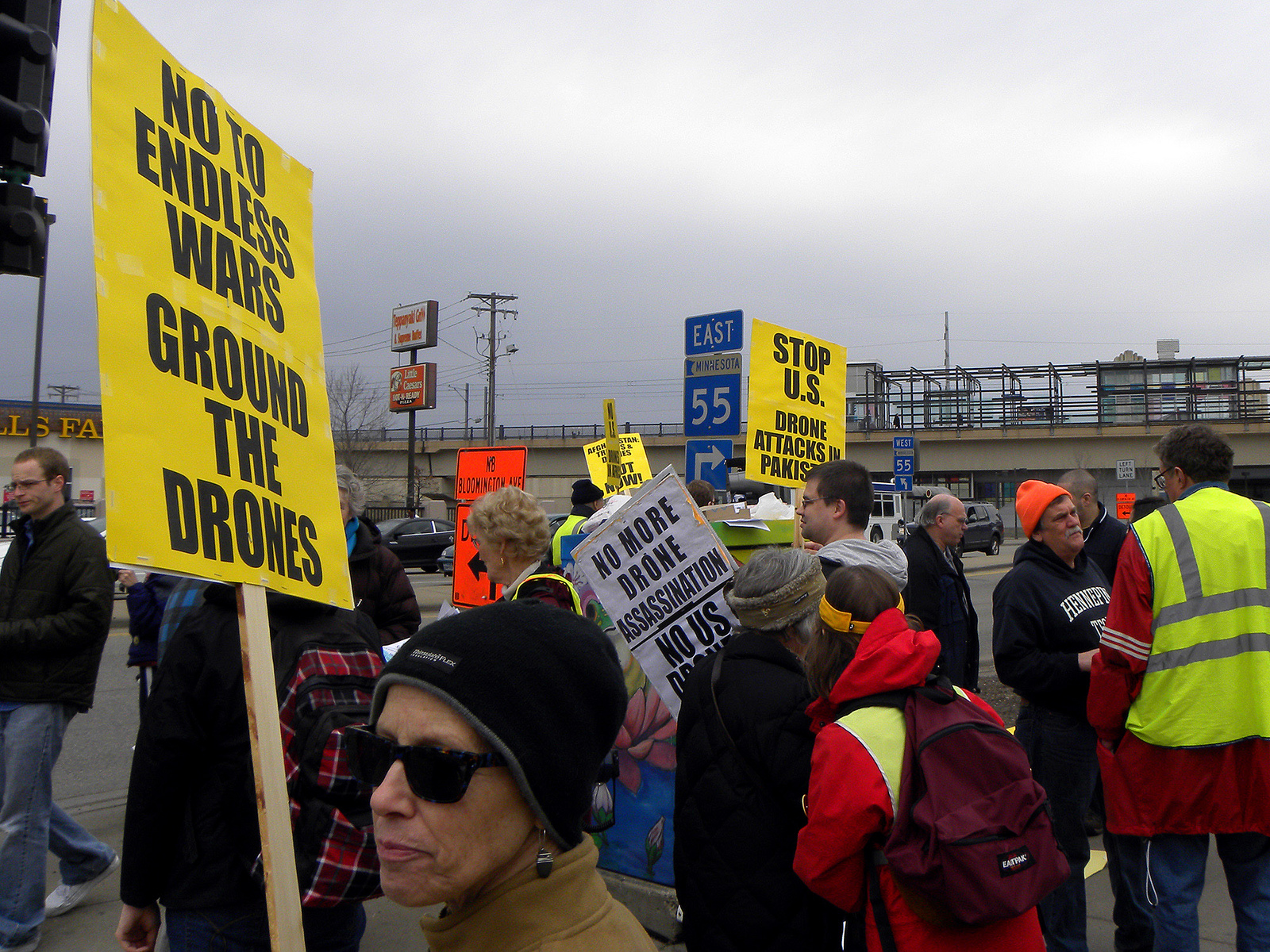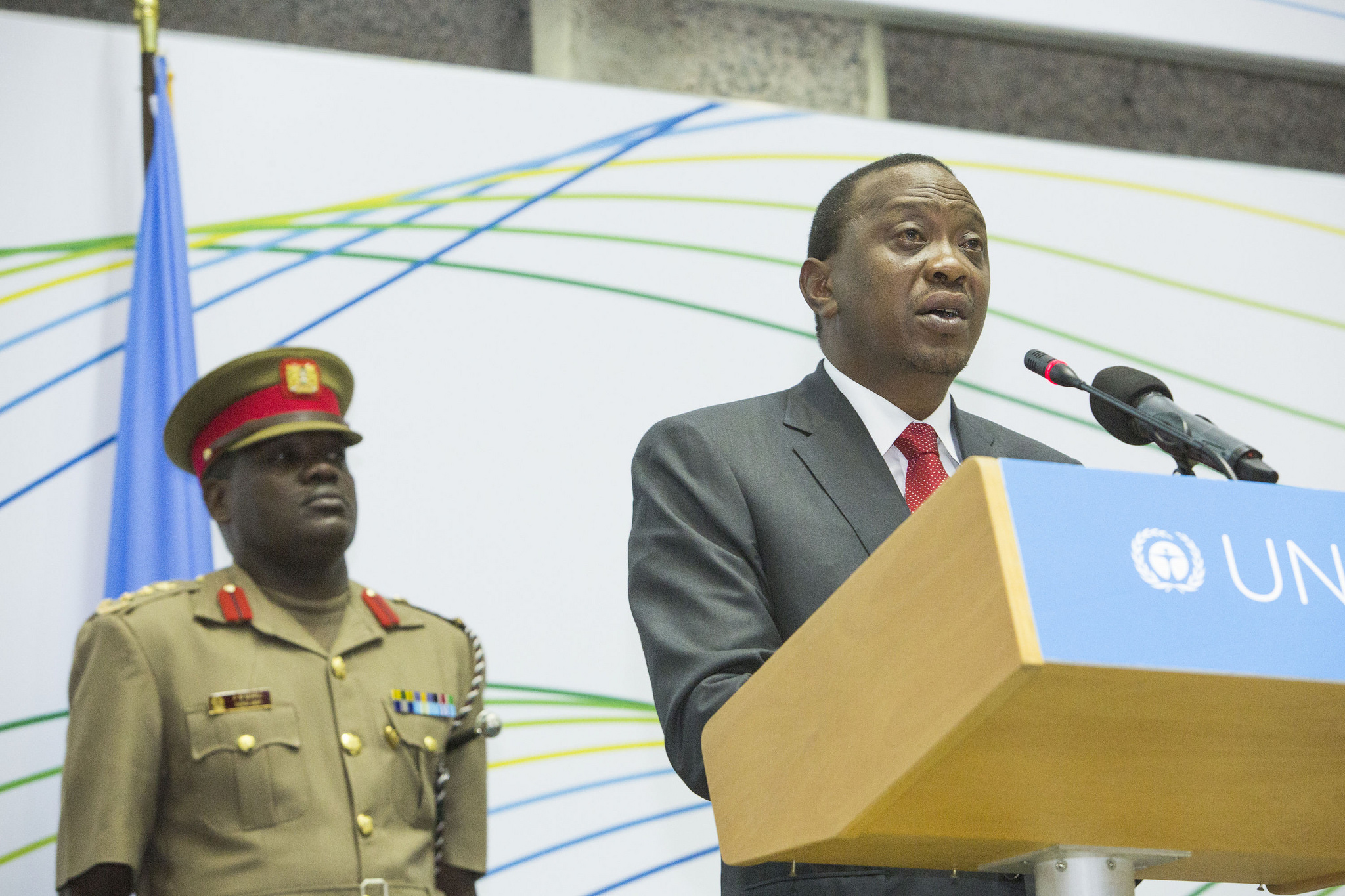By Martin Rhodes for Denver Dialogues.
“Nationalism is like cheap alcohol: First, it makes you drunk, then it makes you blind, and then it kills you.” Dan Fried, US Ambassador to Poland (1997-2000)
Over recent months as Britain moves closer to the Brexit deadline of March 29th, when once again (according to the Brexiteers) the country will become ‘great’ again, free from the vassalage of its relationship with Brussels, one would have thought this prospect would have concentrated politicians minds, producing a clarity of vision regarding the form this glorious future will take. But no. The Conservative government and the ‘loyal opposition’—the Labour Party—are both in the grip of a nervous breakdown and both are being ripped apart by internal divisions and defections. Just over a month away from B-Day, there is still no plan after Prime Minister Theresa May’s Withdrawal Agreement for Brexit was defeated in Parliament on January 25th by a 220 vote defeat, unparalled in British parliamentary history. 118 of the ‘noes’ came from her own party. The country—bitterly divided between pro- and anti-European camps—is like some kind of contorted, bicephalous monster on roller skates, bickering loudly with itself as it careens towards the EU exit.
The major puzzle for observers of this ‘mother of all messes’ is how a country renowned for its phlegm in the face of adversity (the now ubiquitous phrase ‘Keep Calm and Carry On’ comes from a British wartime government poster) could succumb to such hysteria. The answer is to be found in crowd psychology and the manipulation of irrational fears by political egoists, clowns, and careerists out for personal publicity and gain. The latter have fostered a peculiar kind of nationalism upon the British (or rather English) that operates outside of everyday reality. It targets phantoms and figments of the collective imagination (oppressive rule by Brussels; the slow drowning of the nation under the incoming immigrant tide), and conjures fantasies of future dream worlds (the return of ‘old England’, a completely addled concatenation of the swashbuckling Elizabethan age, imperial power, and the ‘Dunkirk spirit’). Every nationalism is built on a combination of myths and tractable grievances. Brexit is a kind of theatrical version, in which Don Quixote melds with Shakespeare’s Henry V – “The game’s afoot: follow your spirit, and upon this charge cry ‘God for Harry, England, and Saint George!” – but the enemy at Agincourt turns out to be a windmill.
Irish historian and journalist, Fintan O’Toole, has brilliantly described the nationalism that lies behind Brexit as combining two contradictory impulses: “There is an imperial nationalism and an anti-imperial nationalism; one sets out to dominate the world, the other to throw of such dominance (…). On the one hand, Brexit is fueled by fantasies of ‘Empire 2.0’, a reconstructed global mercantilist trading empire in which old white colonies will be reconnected to the mother country. On the other, it is an insurgency and therefore needs to imagine that it is a revolt against intolerable oppression. It therefore requires both a sense of superiority and a sense of grievance. Self-pity is the only emotion that can bring them together.” But although there is something particularly delusional and even psychotic about the English nationalism that is driving Brexit (to the dismay of most voters in Scotland and Northern Ireland), sentiments of self-pity and superiority are found in all nationalisms and lend themselves to psychological as much as, if not more than, political analysis.
Indeed, political scientists are having a hard time explaining the new nationalisms that are cropping up all over Europe and in the US. For one sort of analyst, apparently caught in the grip of a bastardized form of historical materialism, it is all about the economy—the impact of post-crisis recession and/or the long-term impact of neo-liberalism. For others it is all about ‘identity’, the once muffled but now unfettered roar of white traditionalism, entitlement, and nostalgia against the new world of immigration, minority rights, both ethnic and gender based, and global problems that defy national solutions. Both of these could be found in the campaign for Brexit and its aftermath, as working class communities came together to support ‘Leave’, and as racism and bigotry found expression in much of the anger that underpinned the anti-EU vote. But to prioritize either one—as political scientists, as well as certain hubristic economists, tend to do—is to ignore several critical elements of the inchoate but often toxic combination of nationalist self-pity and grievance that fuels ‘identity’ in groups seeking status and power.
“First, it makes you drunk”. The political psychology of nationalism, based in Optimal Distinctiveness Theory (see here and here), argues that individuals have two powerful social motives: a need for inclusion i.e., the assimilation of the self into large, impersonal collectives to enhance self-esteem, and an opposing need for differentiation i.e., distinguishing the self from others and ‘out groups’. The first does not necessarily require the second: national identification need not be associated with negative sentiment towards non-nationals. In this view, materialist arguments miss the point, and identity theory gets it only half right. The real issue is status—something that can be manipulated and afflicted with imaginary humiliations at the hands of talented nationalist entrepreneurs. Altering the balance between the individual’s need for inclusion and need for differentiation becomes the first target of unscrupulous nationalists. Chauvinism and bigotry proliferate.
“Then it makes you blind”. Nationalism exploits—and actually creates—ignorance by providing simplistic answers to complex problems, personal, local, national and international, indeed any problem that afflicts the self and its status. This is what ‘identity politics’, when weaponized by nationalists, actually means. As the poison of nationalism spreads, it enables the worst people in politics – the unprincipled power seekers, liars, and charlatans – who would otherwise have little traction with voters. It simultaneously also disables rational politicians, rational analysis, and rational policymaking: it is very hard to reason with unreason, especially when unscrupulous, mendacious nationalist politicians perfect the art of the lie. These are the lies that blind.
British politics is now replete with such figures. Just to mention the foremost, there is Nigel Farage, a former City of London banker, Member of the European Parliament and ex-leader of the UK Independence Party (UKIP). ‘Man of the people’ Farage, who is always pictured with a pint of beer in hand, led the racist ‘Leave.EU’ campaign that dominated political discourse in the run-up to the 2016 Brexit vote, but has never been elected to the British Parliament—despite five attempts. Then there is popular upper-class twit and former Mayor of London and British Foreign Minister Boris Johnson, a clownish figure who has built a high-profile career out of lying about the EU (it bans bent bananas and children under eight years from blowing up balloons etc. etc.). Without his amicable, tussle-haired, perpetually bemused face as its leader, the official Conservative ‘Leave’ campaign would never have won. Jacob Rees-Mogg MP—the leader of the so-called European Research Group (ERG) of hard-line Conservative Brexiteers which is blocking any form of compromise with the EU, and longs, masochistically, for a ‘no-deal Brexit’—is perhaps the most peculiar. A Dickensian toff, sometimes referred to as ‘the member of parliament for the 18th century’, Rees-Mogg’s plummy tones and empty puffery have thrust him fully into the Brexit limelight. This is the man who has compared Brexit not just to the battle of Agincourt (see above on Henry V and windmills), but also to Waterloo and Trafalgar.
These three are now the critical figures propelling Britain towards a ‘no-deal exit’ and potential economic chaos. They are political charlatans who have no interest in what Brexit will actually bring to the country (they oppose Theresa May’s plan but have none of their own) apart from the ego-inflating oxygen of publicity they so desperately seek. They are the archetype of the ‘populist nationalist poseur’ that spins nationalist hype for personal gain.
“And then it kills you”. But the damage inflicted by these petty nationalists is real. Rational and civilized political debate has virtually disappeared, as has rational cost-benefit policy making, while settled political conflict (in Northern Ireland—if a new hard border with the Irish Republic is created) risks being enflamed. Although many Brexiteers in Parliament and among the electorate would welcome a ‘no deal’ Brexit as a final (albeit futile) rebuke to Britain’s phantasmagoric EU oppressor, the costs to the economy would be huge. The government’s own economists have predicted that under this worst-case scenario, GDP would be 10.7% lower after 15 years than if the UK had stayed in the EU. Even if a deal is struck the price to pay is high. The same government report predicts that over those 15 years the country will forego an annual £100bn in its productive capability, leaving everyone on average £1,100 worse pa., and a loss of 3.9% of GDP it would otherwise have had. Given the nature of the people driving Britain out of the EU, it is tempting to call this “death by a thousand nuts.”
Understanding Brexit is like understanding any other kind of nationalism, even if the British variety has descended into pantomime-style farce. At its core is the manipulation of in-group/out-group sentiments by entrepreneurial nationalists who foment sometimes real—but often imaginary—grievances and weaponize sometimes real but mostly fictitious elements of ‘national identity’. The first tier of enemies is the traditional outsiders—immigrants in this case, although there are multiple ‘others’ (e.g., domineering EU bureaucrats and ‘the Germans’ who, 74 years after the end of WWII, are still used by the British tabloid press to provoke outbreaks of patriotic fervor). The second enemy tier are other Brits—the ‘remainers’, the ‘traitors’ who are intent on perpetuating British serfdom to the masters in Brussels. This division, more dangerous even than the first, is the one that is currently paralyzing Britain—a once relatively sane country but one that has been intoxicated and blinded by the cheap alcohol of nationalism.







1 comment
I live in Rees-Mogg’s constituency, North-East Somerset, in Bath, U.K. Here in Bath we had a recent news-worthy event of six white school children tying up a seventh black boy and re-enacting a slave sale. The black kid was left traumatised. I too have been victimised for having a foreign accent, though I am British by birth. It is hard to know what to do about these “Hoo-raw Henrys”. They seem to think Bath (with a population of 200 000 plus) is their private Olde England playground, a village. Even the actor John Cleese has been known to PRAISE Bath for being the sort of place where he could remember he was in England. i.e. a low immigrant population. And no wonder!